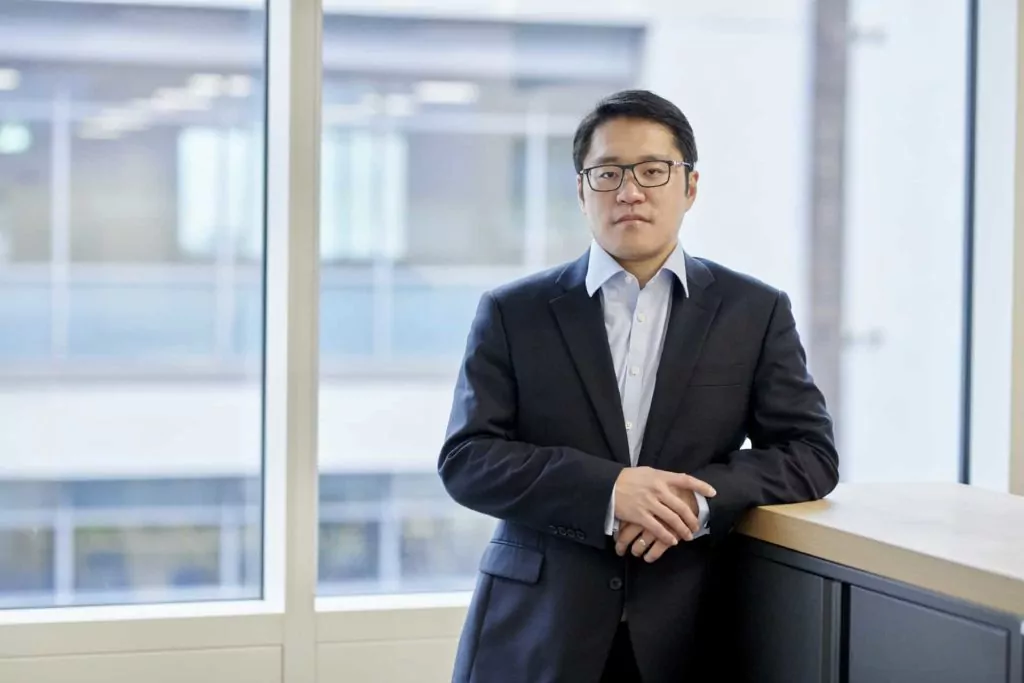

This article was first published in IFN Volume 21 Issue 05 dated 31 January 2024.
For my first IFN article of 2024, I want to focus on unicorn technology that all commentators agree will dominate the tech debate, artificial intelligence (AI). At the recently concluded World Economic Forum at Davos, the topic of AI and in particular the future of artificial general intelligence (AGI) was frequently referenced.
Islamic fintechs are no strangers to the AI revolution with companies such as Wahed Invest and Manzil already using AI in their platforms. The areas that AI/AGI can be utilized by Islamic fintechs in the future are:
- AI algorithms to provide Halal investment solutions.
- Streamline internal processes and enhance customer experience.
- For risk assessment and project evaluation.
- Incorporating AI into investment strategies and portfolio management.
- Integrating AI into fraud detection and customer support.
The onward march of AI/AGI into all aspects of work and life does feel inevitable. However, AI does not live in a vacuum of technology cyberspace. It leaves a huge physical footprint and requires a massive consumption of energy to power its systems.
According to the International Energy Agency, data centers currently account for 1-1.5% of all global electricity use. If AI capacity and adopt continues on current trends, this will lead to NIVIDIA shipping 1.5 million AI server units per year by 2027. These server units running at full capacity would consume at least 85.4 terawatt hours of electricity annually which is around 70% of the annual energy consumption of Norway.
So, the question of sustainability and the environmental impact of energy demands is another limb of the AI revolution that will need to be solved. Supporting initiatives that do good is one of the principles of Shariah and therefore Islamic finance has a big role to meet the net-zero transition charter passed at the recent COP 28 summit.
Many GCC countries such as the UAE and Qatar have pledged to diversify their energy strategy away from fossil fuels, and initiated projects in wind and solar to increase their share of renewable energy.
Whilst it is easy to focus on the changes that new technology will bring to users it is important to examine the impact holistically. Islamic finance institutions and Islamic fintech platforms with their Shariah screens to evaluate investment opportunities can take a holistic view of both consumer experience and the ESG impact.












